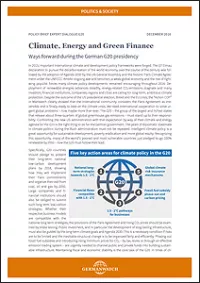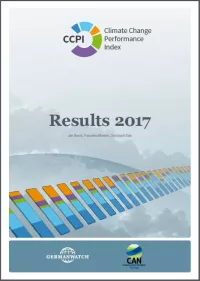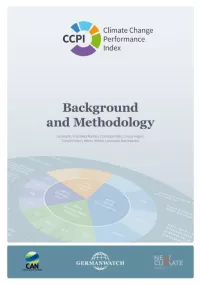
Today the mountain guide and small-scale farmer Saúl Luciano Lliuya from Peru filed an appeal against the decision made by the Regional Court Essen (Germany) in his lawsuit against RWE. Together with his attorney Dr. Roda Verheyen (Hamburg), he will continue his efforts before the Higher Regional Court Hamm to compel RWE, as the largest emitter of CO2 in Europe, to contribute to protective measures against the effects of climate change in the Peruvian Andes. These effects threaten major parts of his hometown, Huaraz. The court of first instance had dismissed the “climate suit” in mid-December.





